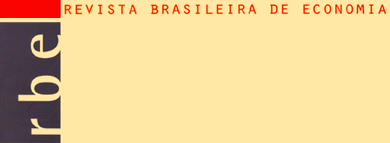The article uses input-output analysis to measure and evaluate, from a systemic perspective, the structure of Mercosul's agribusiness. The methodological process showed, for the year of 1990, that Mercosul's agribusiness accounted for 29,18% of the block's GDP. A detailed analysis indicated that Argentina's agribusiness accounted for 33,93% of the country's GDP, Brazil's for 27,39%, Chile's for 40,71%, and Uruguay's for 60,59%. The coexistence of three development stages in which the rural production is industrialized was also identified: Brazil, with an agribusiness that can be considered industrialized; Argentina and Chile, that are in an accelerated process of industrialization, without, however, being considered industrialized alimentary economies; and Uruguay, with an alimentary economy. The commerce structure showed limited dependence on imported products, in the case of the industries that supply inputs for the rural production, and a relative dependence on exports, in the case of rural production and its industrialization, that is, the agroindustries. The structure for intra-block exports of rural and agroindustrial production evidenced that trade is mainly directed to the most diverse productive chains in the region. Therefore, although the agribusiness in the region is significantly different in terms of economic dimension, industrial development and natural resources, there is economic complementarity, as well as potential for higher economic integration between Mercosul's member countries.


































